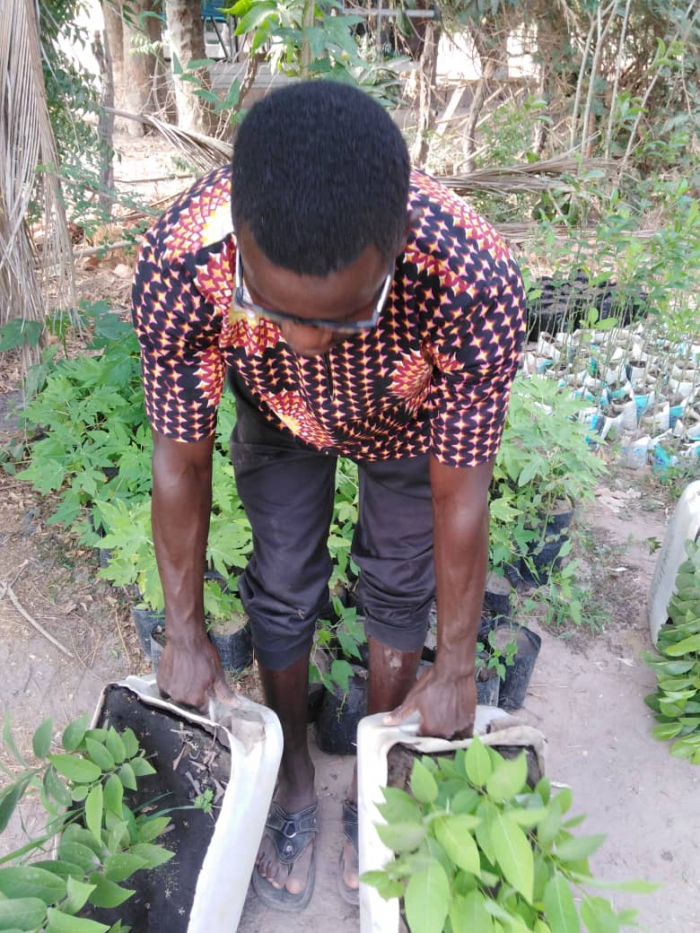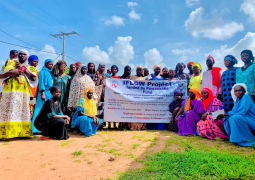
Mr. Fatty was speaking to our reporter in an interview at his garden in West Coast Region when he made these remarks.
He said agriculture which is the oldest profession of mankind produces the basic source of food.
According to him, the demand for poultry products is high in The Gambia, adding that government recognises the pivotal role poultry farmers play towards the development of the economy.
“This is a business you can start with one room and 20 chicks. It is generally recommended that you start poultry farming on a small-scale, except when you have the know-how and the financial muscle,” he added.
Mr. Fatty said the livestock sub-sector in The Gambia contributes about 29.6% to the agriculture GDP and 8.6% to the national GDP and constitutes an important source of food as well as store of wealth for many households in The Gambia.
He added that the sector sometimes faces shortage of supplies (e.g. rams) particularly during the Muslim festival, locally known as “Tobaski”.
“The higher demand compared to the supply results into price increase as well as the need to import from the sub-region. If you produce locally, you can expect to enjoy the support of development partners which will lead to lower cost of input,” he said.
He said before one takes up livestock farming the person must conduct research to develop a product that is rich in nutrients, promote quick growth and good health for your animals.
He explained that to start a livestock feed production business, you will need a grinding machine, mixing machine, weighing machine, branded packing bags and raw materials for the production. He added that the common raw materials includes maize, soya beans, fish bone, sorghum, groundnut, wheat, and rice shaft which can be sourced from the local market.
He added that locally made drinks are generally healthy when well prepared and packaged than carbonated drinks. Fatty said one can make good money by selling locally made juice to restaurants, adding that homemade jams are also becoming more popular.
Read Other Articles In National News




